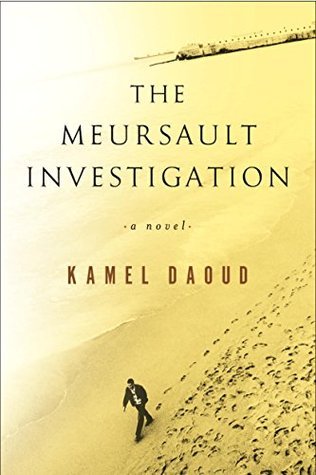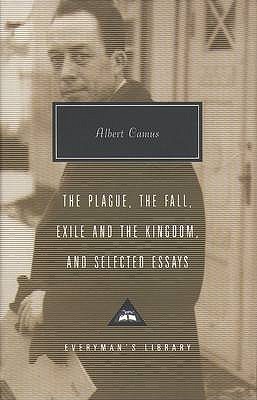
The First Man
Book Description
A vivid tapestry of memory and identity unfolds in 'The First Man,' where the search for belonging collides with the haunting legacies of a tumultuous past. A young boy navigates the stark realities of post-war Algeria, grappling with his fractured family ties and the shadows of colonialism. Each pulse of his journey reveals deep-rooted conflicts, forging a path of self-discovery amid despair and hope. With every revelation, the stakes rise, drawing readers into a poignant exploration of what it means to truly find oneself. Can one reconcile a fragmented history to forge an authentic future?
Quick Book Summary
"The First Man" is Albert Camus’s unfinished masterpiece, a deeply personal narrative that blends fiction with autobiography. The novel follows Jacques Cormery, a boy raised by his illiterate mother in colonial Algeria, as he grows up in poverty following the death of his father in World War I. Through Jacques’s recollections of school, family, and the Algerian landscape, Camus explores themes of identity, memory, and belonging. The novel paints a vivid portrait of colonial society and profound emotional longing for connection—both with a lost father and with a heritage shaped by historical trauma. Amidst the tensions of post-war Algeria, Jacques’s journey becomes a universal search for self-understanding, forgiveness, and the reconciliation of personal and collective history.
Summary of Key Ideas
Table of Contents
The Search for Personal and Cultural Identity
The story centers on Jacques Cormery’s coming-of-age in working-class Algeria. Raised by a silent, hard-working mother and a distant, often absent extended family, Jacques grows up haunted by the absence of his father, who was killed in World War I. The harshness of poverty pervades his childhood, yet these struggles sharpen Jacques’s sensitivity to the complexities of family life and personal identity. Camus’s depiction of Jacques’ school experiences underscores the formative influence of teachers and the power of education to transcend circumstance.
Memory, Childhood, and the Nature of Belonging
The backdrop of colonial Algeria permeates the novel, offering a nuanced exploration of cultural tensions and social divisions. Jacques’s perceptions are shaped by interactions with both the French and Arab populations, and his journey highlights the complexities of colonial legacy. Amidst the stark landscapes and the everyday realities of exclusion and inequality, readers witness Jacques’s dawning realization of the interconnectedness between individual fate and broader historical currents.
Colonial Algeria and Historical Legacy
Memory serves as a central narrative device, with Jacques’s recollections forming a tapestry of vivid, sensory experiences. From the warmth of the Algerian sun to the rituals of family meals, the novel poetically explores how memory shapes both who we are and how we relate to the world. Through reflection, Jacques interrogates his sense of belonging, grappling with feelings of alienation and yearning. The interplay between remembrance and identity emerges as a powerful, ongoing dialogue.
Family, Loss, and Emotional Resilience
The emotional core of "The First Man" resides in Jacques’s quest for lost connections, especially with his father. Jacques’s journey to his father’s grave becomes a metaphor for the human search for meaning in the face of mortality and unresolved grief. The silence between family members—their inability to articulate loss and affection—underscores the novel’s themes of emotional isolation and resilience. As Jacques learns to navigate these gaps, he uncovers both vulnerability and strength within himself.
Quest for Reconciliation and Hope
Despite the pervasive sense of longing, the novel offers glimpses of hope and reconciliation. Through understanding his family’s sacrifices and confronting the painful dimensions of colonial inheritance, Jacques moves toward a provisional sense of harmony. The narrative’s unfinished nature mirrors the ongoing process of self-discovery, while Camus’s lyrical prose imbues Jacques’s journey with universal resonance. Ultimately, "The First Man" affirms the enduring importance of memory, empathy, and the relentless pursuit of authentic identity.
Download This Summary
Get a free PDF of this summary instantly — no email required.





